APTN National News
In just over a week, chiefs from across Canada will converge on Winnipeg to decide who will be the next national chief of the Assembly of First Nations.
They’ll have three choices – Perry Bellegarde, Leon Jourdain and Ghislain Picard.
One of them will need about 300 votes to win and the chiefs are the people who decide.
Left out of the equation are the people, the so-called grassroots who do not get a vote.
Regardless, APTN National News took questions to the candidates.
The same eight questions were emailed to the candidates who were allowed an unfiltered chance to speak directly to the people.
We begin with Picard, an Innu who stepped in as interim national chief of the AFN when Shawn Atleo abruptly quit earlier this year.
APTN: Why do you want the job of national chief?
GP: Because the future of our national organization is too important to stay idle. Over the years, my region and its Chiefs have always stood by the national organization independently of the circumstances, because they always believed that there is a purpose for a national political process, lobbying and advocating on behalf of First Nations.
APTN: What effect is funding cuts having on the AFN’s ability to lobby for First Nation interests, essentially where’s the money going to come from to get the job done?
GP: The funding cuts have definitely an impact on the AFN operations and limit its ability to do the important work needed. While we have to look at the resourcing issue on the longer term, I feel there is enough work to count on the support of the leadership across the country. Some Chiefs have offered to lend a hand in the collective task of lobbying and advocating on behalf of First Nations. To see the AFN be more self-sustaining as a national organization, is a longer term goal that will need the guidance of the leadership across the country.
APTN: How will you work with Prime Minister Stephen Harper, or whoever wins the next general election?
GP: Part of that response could be provided through a First Nations’ platform leading into the next federal election. Moreover, I feel that First Nations have the ability to determine the conditions that should prevail in trying to engage government for whichever party might become the next government. I fail to see a purpose in engaging with a government, such as the current one, that continues to deny fundamental principles related to Aboriginal and Treaty Rights.
APTN: To your critics, the AFN is fractured and unworkable. What will you do to unite the organization and make it effective?
The AFN is a national political organization. With all due respect to our specific realities, we have the ability to agree on overarching principles that would support and guide our national process. It is a challenge before us.
APTN: The chair of the Specific Claims Tribunal wrote in a report that if it doesn’t get more resources it will fail. What will you do?
GP: Here is another example where government has the upper hand when it sets limitations on a situation that has been outstanding for far too long. Beyond major flaws such as the federal government continually challenging claims by First Nations, there needs to be a framework that calls for parties, especially government, to act in good faith. The Specific Claims Tribunal should stand alone and not be part of the Administrative Tribunals Support Service of Canada and receive adequate funding to conduct the work and pursue the objective of a more efficient process of resolving claims.
APTN: What are you going to do with the First Nations Control of First Nations Education Act?
GP: The position with regard to the Act is very clear: the federal government needs to withdraw the Act. The outcomes of the Halifax Assembly gave clear direction in terms of how we need to engage with ourselves, based on the regional diversity, and with government. The process is in place and the discussion so far refers to the need of a broader fiscal framework to address the issue of underfunding. Any process for reform, if mutually agreed, must see First Nations’ interests represented by First Nations leadership.
APTN: Chief’s salaries are a big topic at the grassroots level. For example, should a chief make $400,000 a year when 80 per cent of his or her band members live on $400 a month, should there be limits?
GP: All Chiefs are supportive of the principles of transparency and accountability. It is understood that the Assembly of First Nations has a clear mandate of advocating on behalf of First Nations with little to say on local governance. The AFN does not have the authority to determine the principles that should guide local governance but it could provide the forum to address issues related to code of ethics.
APTN: What do you want to see accomplished after your term in office?
GP: We definitely need to have a strong and relevant national organization. That’s want I want to see. I also want to see a national organization reflecting on the realities of the Nations and Peoples it represents. Making sure that the national organization is a strong voice for all of our Nations and gain the credibility from our Nations and their Peoples as well as respect from governments would be a significant achievement.
Tomorrow: Perry Bellegarde.




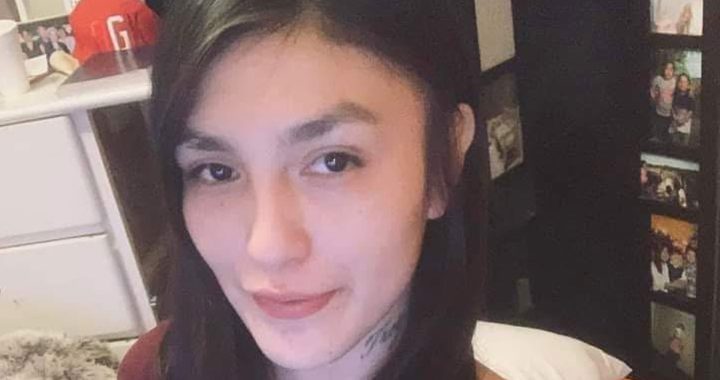
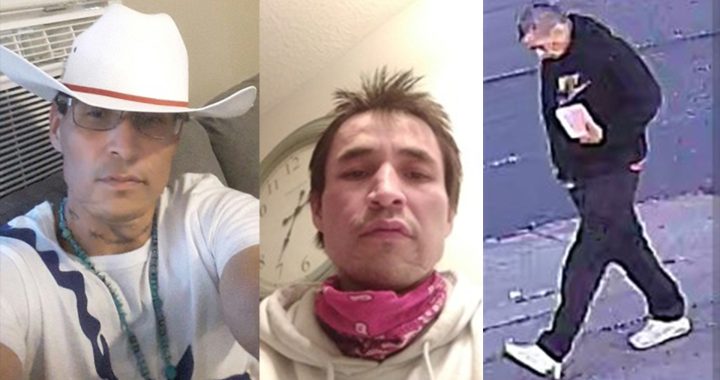
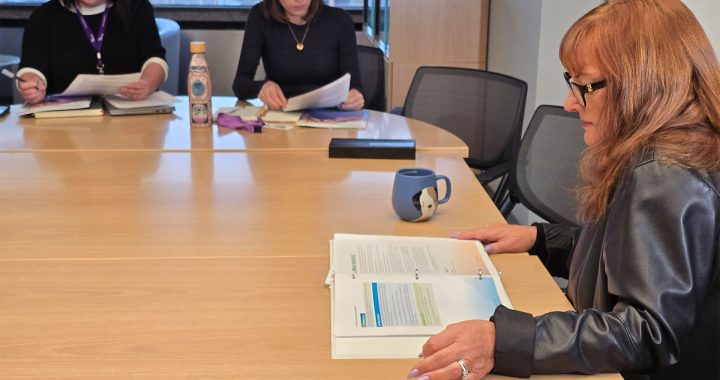

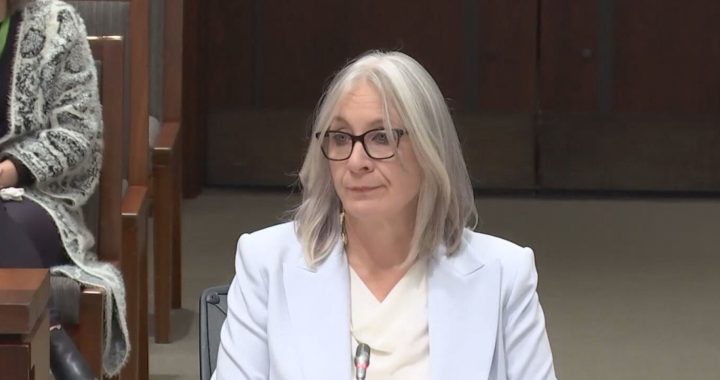
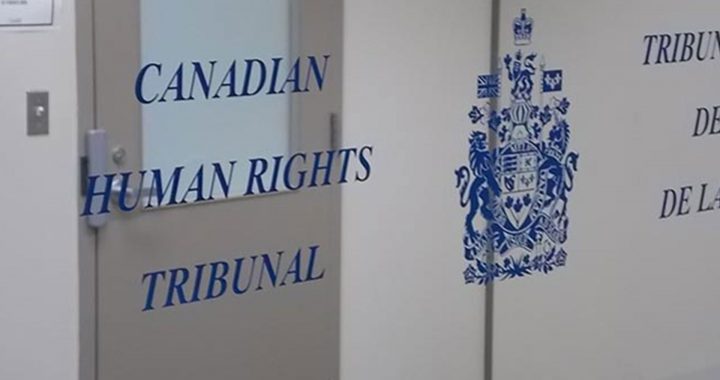
It doesn’t matter what the AFN will do. There are too many challenges to its very nature and structure to be effective. In addition, the environment in which it currently functions has dramatically altered since post-INM. While independent FNs are exploring which way to achieve full independence and energy resource agreements; the AFN will have to contend with being in the middle of things. Not quite along with the grassroots…or INM advocates….or with the federal government.